Nigeria
As controversies rage on over the state of Nigeria’s currency, naira, financial experts have continued to react on possible outcome of the currency.
Naira slumped 23 percent against the dollar on Monday after the central bank removed its peg to alleviate chronic foreign currency shortages choking growth in Africa’s biggest economy.
Dealers said bids submitted by banks prior to the auction ranged between 210-290 naira to the dollar.
Monday’s rate was sharply weaker than the 197 peg the central bank had been maintaining for the past 16 months, and abandoned last week in a bid to alleviate chronic forex shortages.
However, black market currency dealers in the country have quoted the naira in a spread between 325-345 to the dollar.
The central bank said it may inject foreign exchange into the interbank market to boost liquidity.
“We are going to have different sources of inflow on supply to the market, autonomous sources, you know, oil companies, the banks themselves, the CBN (Central Bank of Nigeria) being the big player you know all other sources of currencies,” said Robert Omotunde, research investment analyst based in Lagos.
According to the central bank, there is a $4 billion backlog of demand which could take 4 weeks to clear.
Nigeria’s central bank is “reasonably optimistic” the naira will settle at around 250 to the dollar after an initial period of weakness following a flotation, the bank’s governor had said in a June 3 letter to President Muhammadu Buhari.
Foreign investors and economists had called for a naira devaluation for months as the forex shortages hit economic growth leading to widespread capital flight.
With a likely sharp fall for the naira, Nigerian products will become relatively cheap and imports more expensive, which should stimulate the domestic economy but will likely light a fire under already rising inflation.
Omotunde said they are not going to rule out the possibility of initial hiccups that may arise from this new system adding that the system is going to gradually transcend from this initial stage before it becomes sophisticated and then the whole market arrangement can be seen tending towards perfection.
“This is expected to normalise as exchange rate also corrects so the business can get back its groove even from the angle of fiscal policy, state governments are going to have more money you know from the dollar proceeds that have been exchanged at 197 or 200 you know before,” he said.
The OPEC oil exporter had resisted devaluing its currency for more than a year despite other major oil producers, including Russia, Kazakhstan and Angola, allowing currencies to fall after crude prices collapsed.




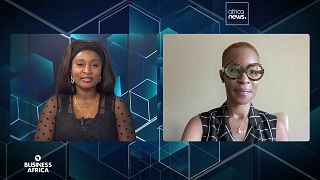
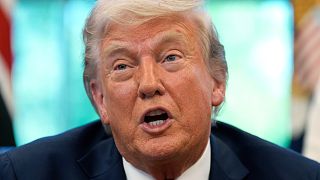
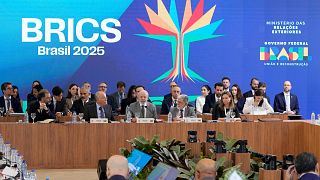
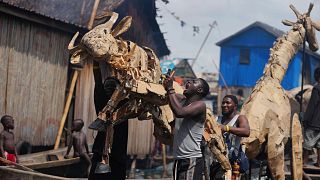

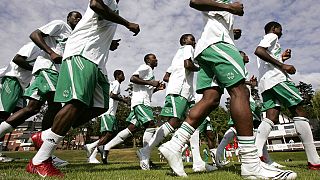



Go to video
Funeral held in Kenya for TikTok content moderator
01:36
Migration and refugee policies key to economic growth, Say UN and IMF experts
Go to video
Foreigners face gold trading ban in Ghana beginning May 1
01:09
Yinka Shonibare explores identity and hybridity in new Madagascar exhibition
Go to video
South Africa's presidency expresses concerns over new US tariffs
Go to video
US president announces global tariffs, including on 51 African nations